Environment
-
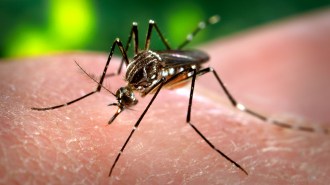 Animals
Animals50 years ago, scientists were genetically modifying mosquitoes
In 1971, scientists turned to genetics to control disease-spreading mosquitoes without DDT. Today, there are a variety of pesticide-free methods.
-
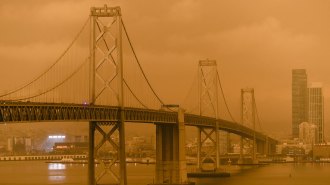 Climate
ClimateWildfire smoke may ramp up toxic ozone production in cities
A new study reveals how wildfire smoke produces toxic ozone and how urban air pollution could exacerbate the problem.
-
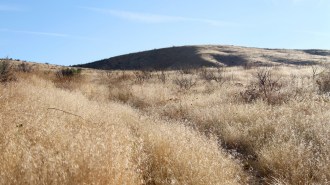 Plants
PlantsInvasive grasses are taking over the American West’s sea of sagebrush
Cheatgrass and other invasive plants are expanding rapidly in the western United States, putting more places at risk for wildfires.
-
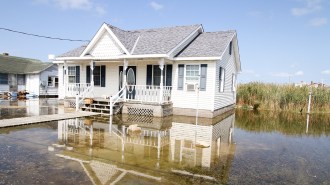 Climate
ClimateClimate change could make Virginia’s Tangier Island uninhabitable by 2051
Tangier Island could be lost to rising seas sooner than previously realized. Whether to save the island or move its residents remains undecided.
-
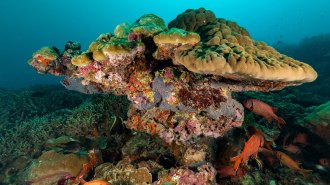 Environment
EnvironmentCorals may store a surprising amount of microplastics in their skeletons
In tropical waters, coral reefs may be a “sink” for tiny bits of plastic debris. It’s unclear how corals’ trash pickup might affect reef health.
-
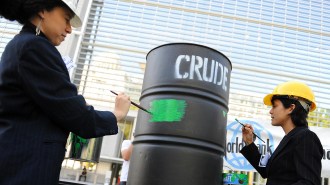 Environment
Environment50 years ago, corporate greenwashing was well under way
Concerns about companies distorting their environmental record are nothing new. Environmental ads were flagged as deceptive back in 1971.
By Mike Denison -
 Chemistry
ChemistryThis eco-friendly glitter gets its color from plants, not plastic
Using cellulose extracted from wood pulp, researchers have created a greener alternative to traditional glitter.
-
 Agriculture
AgriculturePotty-trained cattle could help reduce pollution
About a dozen calves have been trained to pee in a stall. Toilet training cows on a large scale could cut down on pollution, researchers say.
-
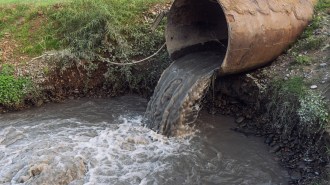 Environment
Environment50 years ago, chemical pollutants were linked to odd animal behavior
Fifty years after studies hinted that pollution interferes with how aquatic creatures communicate, scientists are still unraveling its myriad effects.
By Aina Abell -
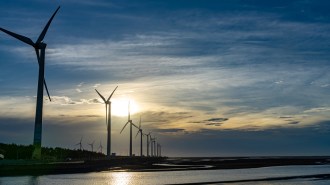 Physics
PhysicsWindbreaks, surprisingly, could help wind farms boost power output
Wind farm performance could be improved by 10 percent by using low barriers to increase the wind speed directed at the turbines, simulations suggest.
-
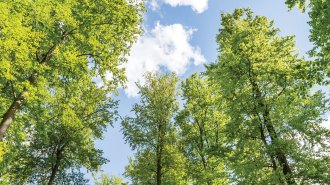 Environment
EnvironmentWhy planting tons of trees isn’t enough to solve climate change
Massive projects need much more planning and follow-through to succeed – and other tree protections need to happen too.
-
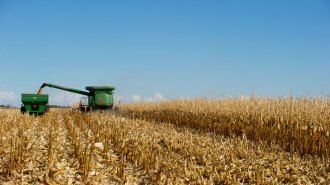 Agriculture
AgricultureA tweaked yeast can make ethanol from cornstalks and a harvest’s other leftovers
By genetically modifying baker’s yeast, scientists figured out how to get almost as much ethanol from cornstalks as kernels.
By Nikk Ogasa